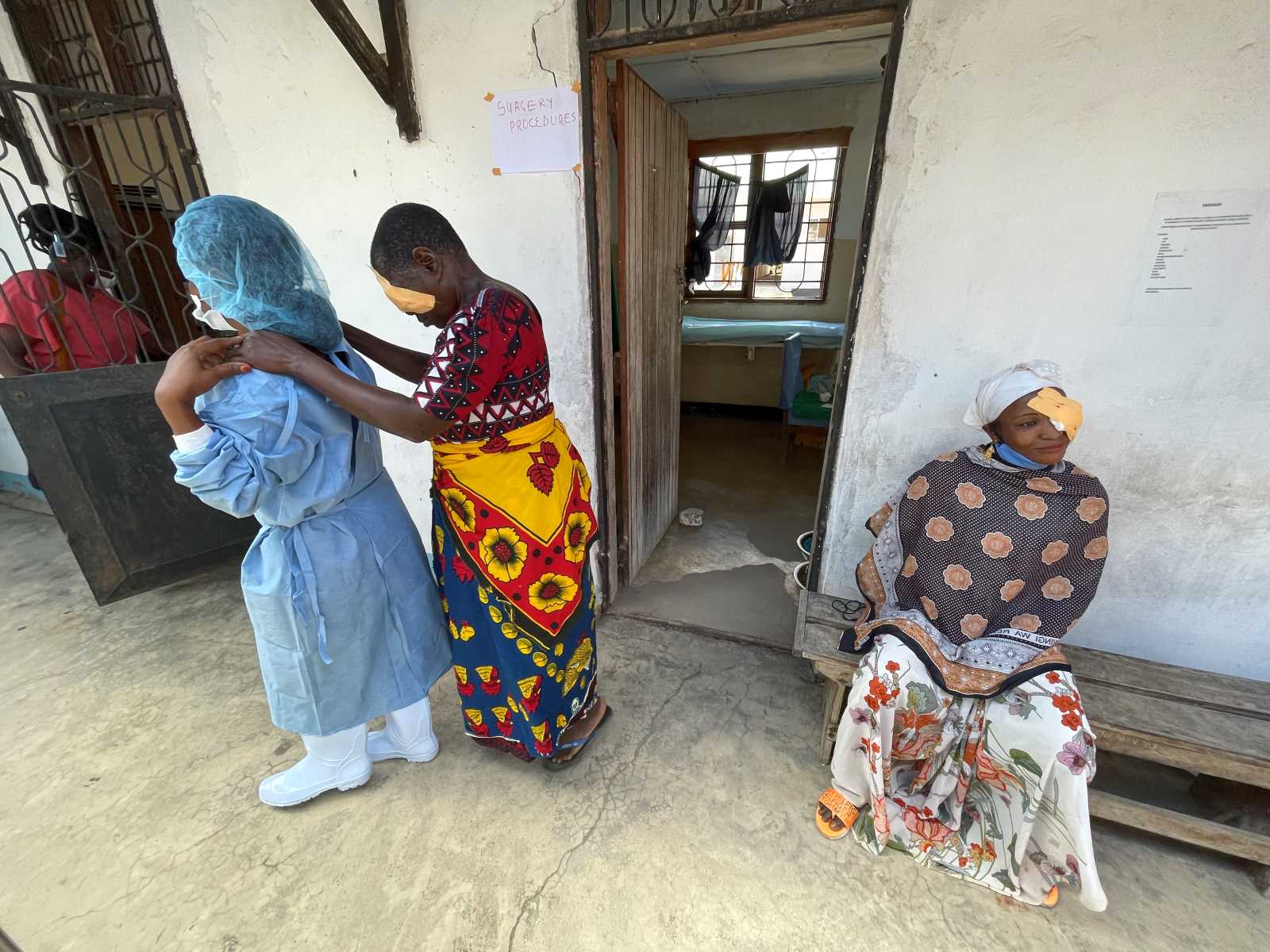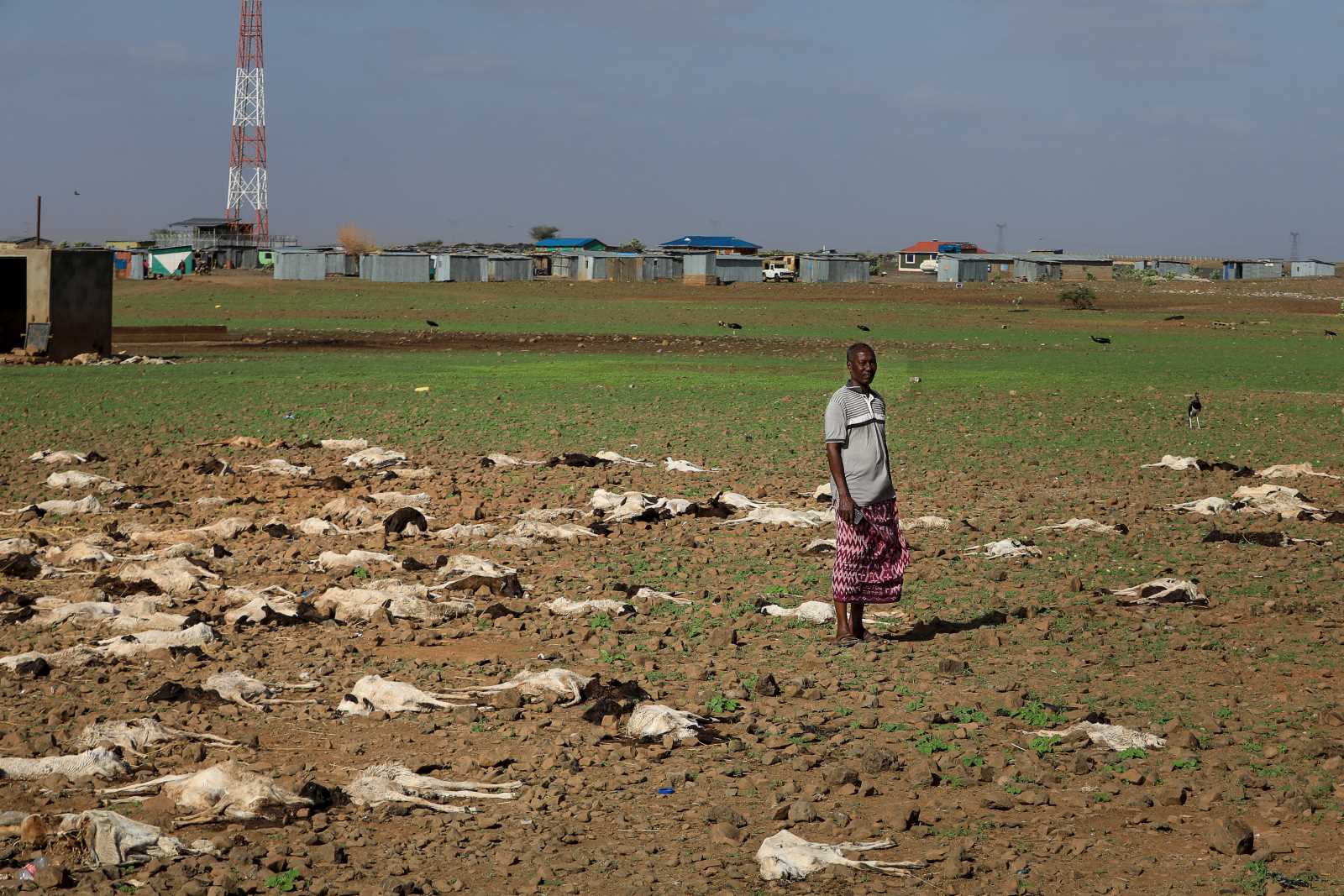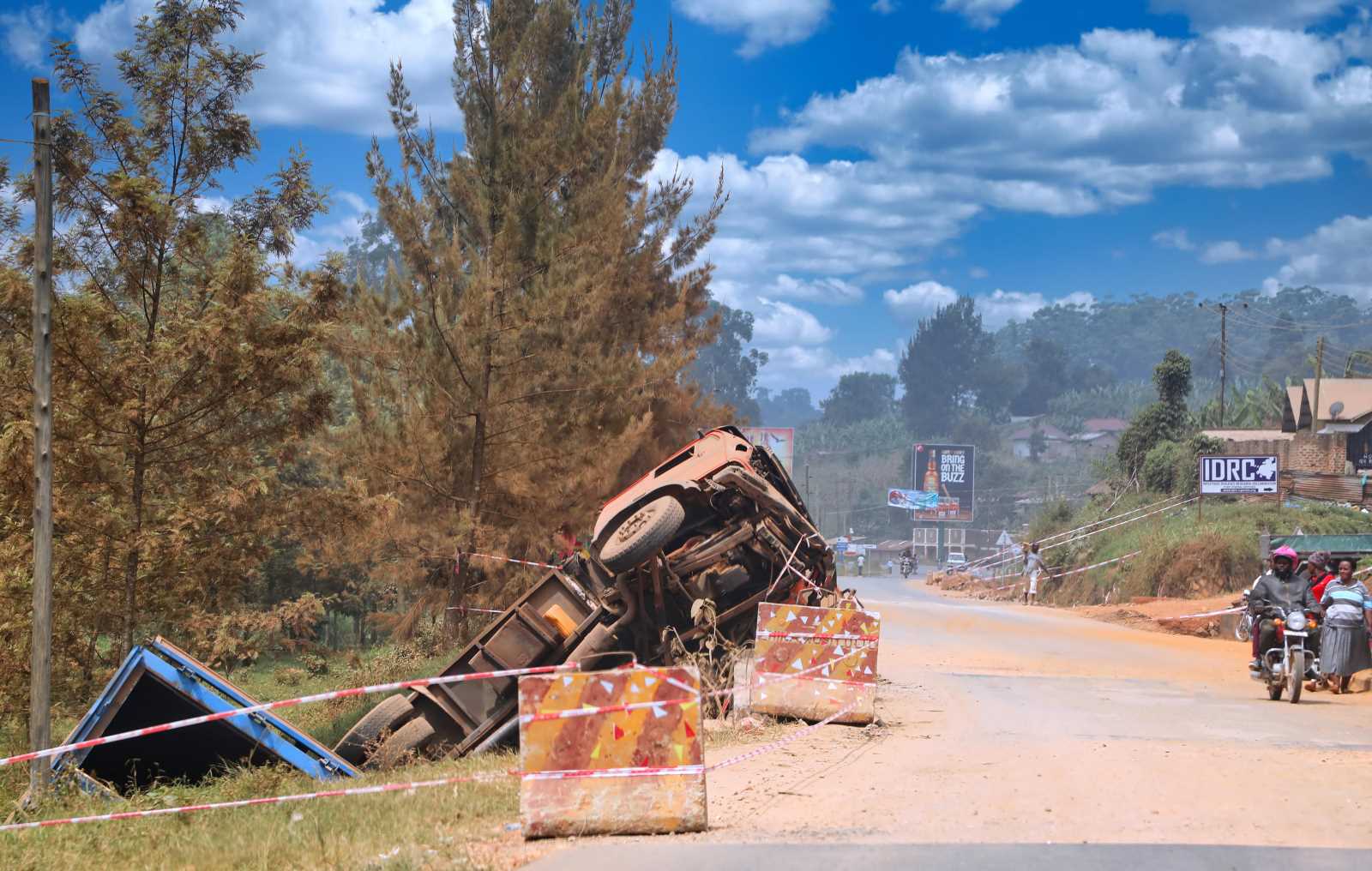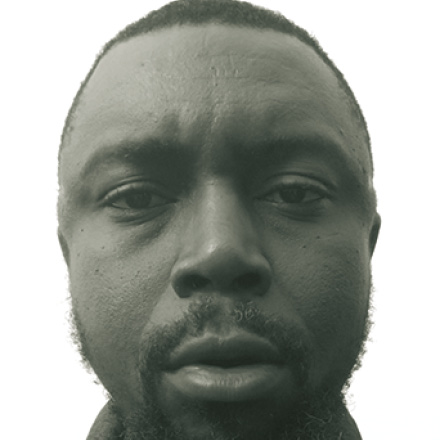Public health
Paying a price
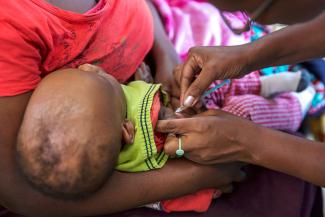
Part of the problem is the price of vaccines. In 2001, the total cost of vaccines for the six main vaccine-preventable diseases (polio, tuberculosis, measles, diphtheria, tetanus and pertussis) was $ 0.67 per person.
Since then, new vaccines against hepatitis, pneumococcus, rotavirus, rubella and human papillomavirus have been added to vaccination programmes in many African countries. This has increased the cost to $ 45.59 per person, excluding programme costs such as staffing, as well as the transportation and refrigeration of vaccines.
Despite this steep increase, vaccination remains highly cost-effective in terms of individual health, public health and economic productivity. Seen in the context of the benefits it brings, the cost of vaccination is actually low. The big challenge is that not everyone is able to afford the price and others are not willing to pay it. For this reason, public policy matters. To protect their people, African governments must continue to work to make it happen – and donor governments and initiatives like Gavi, the Vaccine Alliance, should continue to support those efforts.
